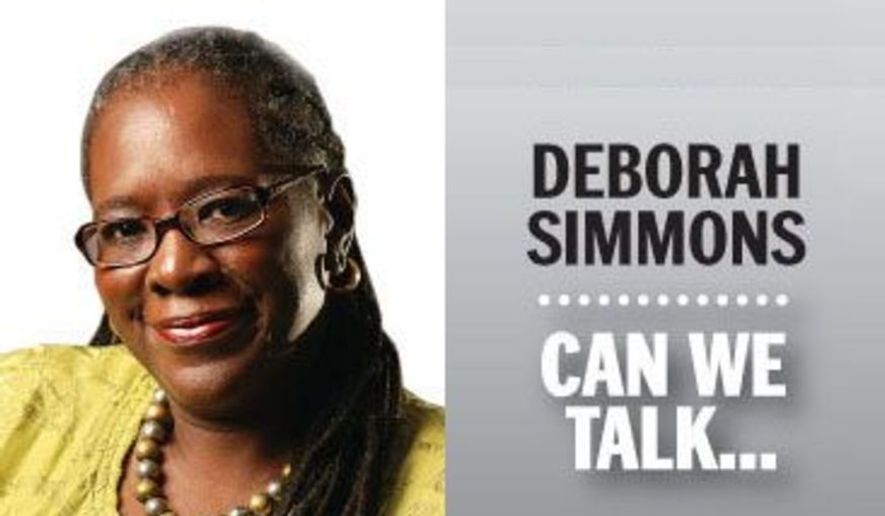OPINION:
There are several moving parts in the probes of the grade-inflation scandal at Ballou High School.
The focus, however, must remain on teaching and learning, and the goal — accountability — mustn’t be changed either.
Indeed, those things will happen only if investigators, D.C. officials and unions fully understand what happened.
Cheating: To act dishonestly or unfairly in order to gain an advantage, especially in a game or examination.
Cheat: A person who acts dishonestly or unfairly to gain an advantage.
When teaching and learning are the natural bar in public schoolhouses, allegations of cheating by the grownups are rare exceptions.
The Atlanta Public Schools system was certainly an exception when, in 2015, 11 educators were convicted on state racketeering charges in an unprecedented cheating scandal tied to school funding and bonus pay that rocked the nation from coast to coast.
Educators from Nevada to Philly and, yes, D.C. Public Schools (DCPS) were put on notice. Not everybody in DCPS viewed the Atlanta case as a raising of the bar.
In April, when it appeared the majority of Ballou’s seniors wouldn’t graduate, educators took their self-created situation into their own hands, apparently inflating grades, ignoring policy and considering high absenteeism an inconvenient truth. With the cheating swept under the rug, scores of seniors were wrongly handed diplomas in June. And all those undeserving “grads” applied to and were undeservedly accepted in college.
The educators said they were under pressure.
Honestly, whoever applied the pressure and whoever succumbed to the pressure believed little in the teaching corps, in the students’ abilities and in their own support systems at DCPS and their unions.
City officials announced this week the transfer of Ballou’s principal, Yetunde Reeves, and the hiring of business consultancy Alvarez & Marsal to audit DCPS policies and procedures.
The goal of the audit, the Office of the State Superintendent of Education said, is “to ensure we are looking deeply, systemwide, to ensure we are meeting our achievement goals.”
Well, la-dee-dah.
For starters, OSSE must remember that cheating implies that OSSE is or could be part of the problem. Know that in Atlanta, the school system’s administration was cheating, too.
Important as well is the fact that D.C. officials are investigating the cheating scandal every which was but loose. The school system is probing, the D.C. Council is probing and — ta da! — Alvarez & Marsal is being paid and trusted to look at the inside of DCPS and, it is hoped, at “outside” forces, including the unions and the influential political pressures they bring. (Unions have a way of making a case for themselves without uttering a word.)
At this point, the D.C. Council is the overseer that must do the heavy lifting, and its first scheduled public roundtable on the cheating scandal is set for Dec. 15. By then, all 13 lawmakers will have had considerable time to review union contracts, petition union testimony and steer clear of the Alvarez & Marsal audit.
For sure, not much should shake loose from City Hall until late winter, after the Alvarez & Marsal probe is complete and recommendations are made.
In the meantime, the city’s elected school board should be scheduling public hearings and diving into the teaching and learning aspects of public education.
The elected board has a critical role to play in the cheating scandal, and without question the board’s voice, united or fractured, must be heard separate from OSSE’s, the mayor’s, the chancellor’s and the council’s.
When elected officials are quieter than bureaucratic mouthpieces, stakeholders tend to blurt out obvious questions, such as “What did you know and when did you know it?”
Add this one, too. Is the school board accountable to the mayor or the parents, students and voters?
• Deborah Simmons can be contacted at dsimmons@washingtontimes.com.




Please read our comment policy before commenting.